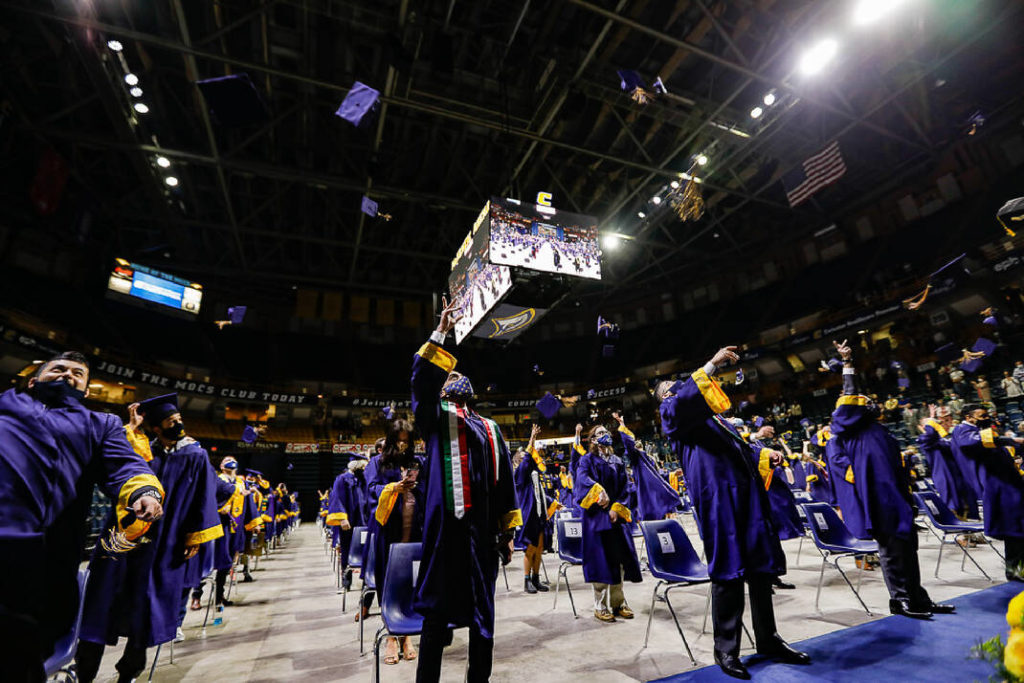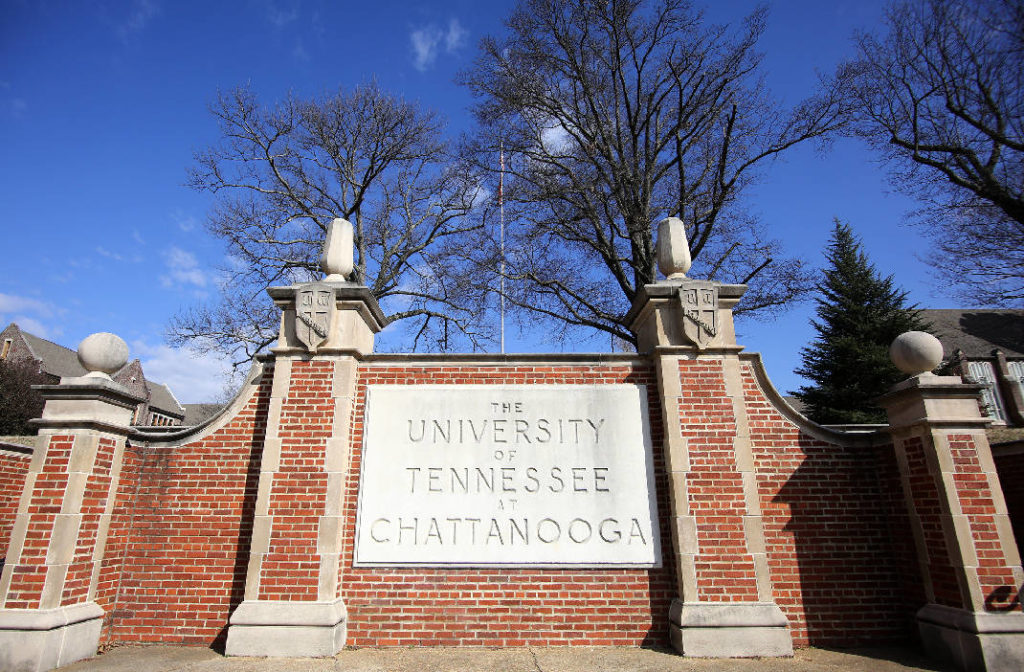By Jessica Coco | Chattanooga, TENN | mocsnews.com
For those who attend a four-year university, school has been the focal point of life for 16 years give or take. We are used to performing well, getting grades, and moving on. It is a cycle that has a timeline and clear goals. There is an obvious start and endpoint. But many do not know what to do after college or think about what comes next. Some do not feel prepared for a time when a passing grade is not their goal.
Career development should be an important part of the curriculum in college because for most a job is the next step after graduation. But some find that UTC is not doing enough to prepare them for life after college and if there are programs, they are unaware of them.
Ashlynn Rudzinski is a senior at UTC. For years she has been working hard to get good grades and stayed motivated to graduate college. But now she is faced with an odd turning point, one college did not prepare her for.
Rudzinski wants to be a successful professional as most college students do, but she has not found that the university has helped her in this journey outside of the classroom.
“Information is important, learning is important, but I just wish there were times when we could make connections, or we could see what its really like in our field of interest. I wish that there were relationships between UTC and companies in Chattanooga that wanted to build professional ties with students and have us as their next employees. I think it would be beneficial to everyone.” Rudzinski said.
Will Davis, a professor at UTC enjoys teaching and making connections with students and understands the huge role professors play in preparing students for the workforce, but often wonders what happens to his students after the caps are thrown. The only program he is aware of in place to help students transition from college to the workforce is the internship program, and he wishes more programs could be implemented.

“I wish there were a way where students and faculty could meet and have an experience together… students would come back and say this is what I’m doing, and this is how this department, or this class prepared me for this, and this is where I did not feel prepared. It would be as helpful to the university as it would to the graduates. It would be professional development for everybody.”
Davis says that it is just as important for the professor to know what is helpful and what should be taught as it is for the students. He also thinks having working professionals as professors is very useful in preparing the students for the workforce, because that working professional truly knows the industry they are teaching on.
“I wish there were more opportunities where students who are becoming working professionals could come back and give back to sort of train the trainers,” Davis said.
While there seems to be a lack of professional development, there is also a lack of preparedness for the psychological aspect of going form school to “real world.”
Students spend upwards of 15 years being trained to do well and move on. There is a clear path, a definite schedule, and instant gratification that comes from grades. But these do not exist in the same form after college. So, what now?
Juliet Ruggiero is a graduate from UTC’s class of 2021. She is currently working a full-time marketing job. She says no one tells you how to transition from college to real world, and it can be tricky. She also said she wishes UTC had more programs in place to prepare students for the professional world.
“I absolutely wish more programs at UTC helped with the transition into the job world starting with benefits, contracts, compensation, taxes, what’s a good job what’s not a good job. There are a variety of resources UTC could have provided that they did not provide which could’ve helped UTC students transition into the job world.” Ruggiero said.
For some, it can be difficult not getting that instant gratification of grades and knowing exactly how well you’re doing on a scale, but for Ruggiero, it was a relief.
“It’s such a relief to not be graded by a letter and just how well you do on one paper, test or experiment. How well you do in your job is different than a grade because your job reflects how much time and effort you put in not just how much time you spent cramming,” she said, “It’s a different kind of success.”

The transition from school to the real world is not one that can be mapped in black and white, but universities could do a better job of preparing students, and even ways students can be actively preparing themselves with the right resources. Whether that be career fairs, classes, programs where graduates talk to current students, or other events, there are always ways to improve and be more helpful. Implementing better workforce preparedness aspects into the curriculum will benefit both the university and its faculty, and students.
 Mocs News Reporting the news that matters most to UTC
Mocs News Reporting the news that matters most to UTC




